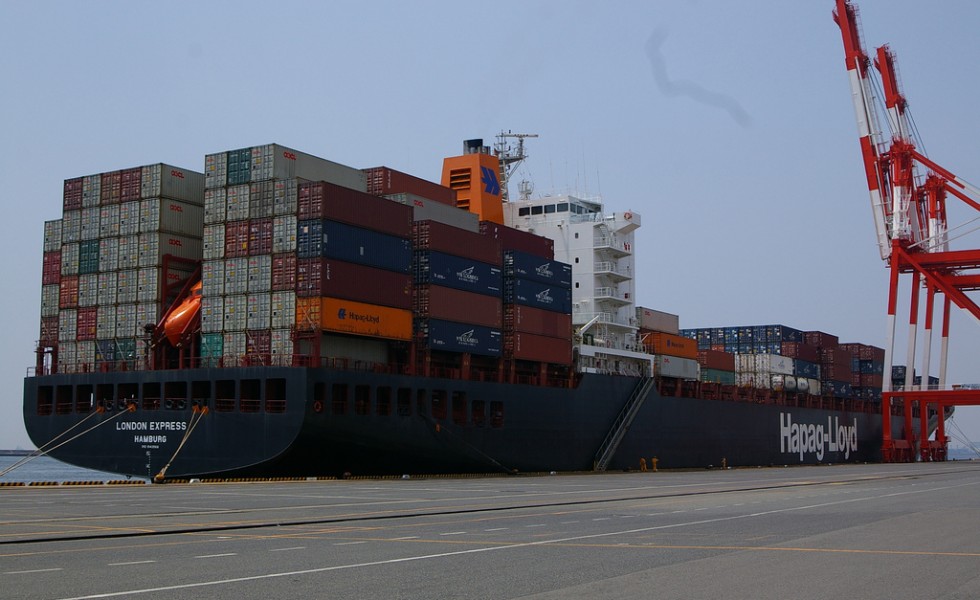Go Slow on the Bull
Posted on January 29, 2014

You wouldn’t order a new pick-up truck without reserving the right to amend—choose—how the truck is equipped inside and out. The same goes for a new combine or an operating loan.
After all, it’s your farm or ranch so, naturally, you’ll choose what’s right for you and it and not let some ratchet-jawed salesman dictate the deal.
If that’s true on every farm and ranch in America—and it is—why then is nearly every farm and ranch group fast on the trigger to relinquish all rights to amend or alter any of the huge trade deals now being negotiated by the Obama Administration?
Today’s two big trade deals, the 12-nation Trans-Pacific Partnership and the European Union-wide Transatlantic Trade and Investment Partnership, continue to be negotiated even as Congress takes up the key to either deal’s enactment, Trade Promotion Authority, or as it’s more commonly referred to, “fast track.”
Fast track authority, which originated in 1974 but expired in 2007, gives the president power to negotiate trade deals that Congress, when later voting on the deals, can neither amend nor filibuster.
Many in Congress view fast track as a hammer to drive reluctant nations to the negotiating table because what’s agreed to between the dealmakers cannot be changed by those picky partisans in Congress.
But those picky partisans—now a large, picky bipartisan group—have everything to say about reinstating fast track, and what they’ve said so far is that fast track is on a slow boat to nowhere.
For example, on Jan. 9, Senate Finance Committee Chairman Max Baucus, D-MT, and Ranking Member Orrin Hatch, R-UT, introduced a bill to reinstate fast track. Rep. Dave Camp, R-MI, chair of the powerful Ways and Means Committee, endorsed it immediately.
That swift action was followed by… nothing; not one of the 200 Democratic members of the House joined Camp as a co-sponsor. That was an even louder silence than in late 2013 when 151 Dems sent a letter to the White House urging it to slow track fast track.
Moreover, this time House Dems have Republican help. Red hot Tea Party members have long grumbled that fast track, with its no amendments-no filibuster element, relinquishes too much Congressional power even as it gives the White House too much new power.
It’s an effective argument. House Speaker John Boehner has publicly warned the Obama Administration that fast track is a dead duck on Capitol Hill should the White House walk it down Pennsylvania Avenue.
But the fast track question is foreshadowing a much bigger question: Will Congress pass the secretly negotiated Trans-Pacific Partnership when it’s brought forward sometime after the November 2014 election?
TPP supporters, and count almost every major farm and commodity group in that number, claim it’s a critical step forward to move U.S. goods into nations—principally Japan—that are tough, high tariff markets.
Detractors counter by describing TPP as tool of “corporate trade,” not “free trade.” That judgment is based on TPP negotiation documents leaked last December that they claim grants “radical new political powers to corporations,” would increase global drug costs and “restricts bank regulation.”
Both views skate on thin ice. The former is an article of free trade faith; the latter arrives on leaked evidence. (Secrecy rules all TPP talks; even most Congressional staffers are barred from viewing negotiation documents.)
Faith is a good thing in religion but less so in trade talks. Until someone somewhere—in Congress, at a Land Grant university, in any farm group—actually reads a completed TPP deal, no one anywhere should blindly endorse it.
Besides, you wouldn’t buy a bull without knowing something about it. So why is everyone in such a hurry to buy this bull sight unseen?
Share This